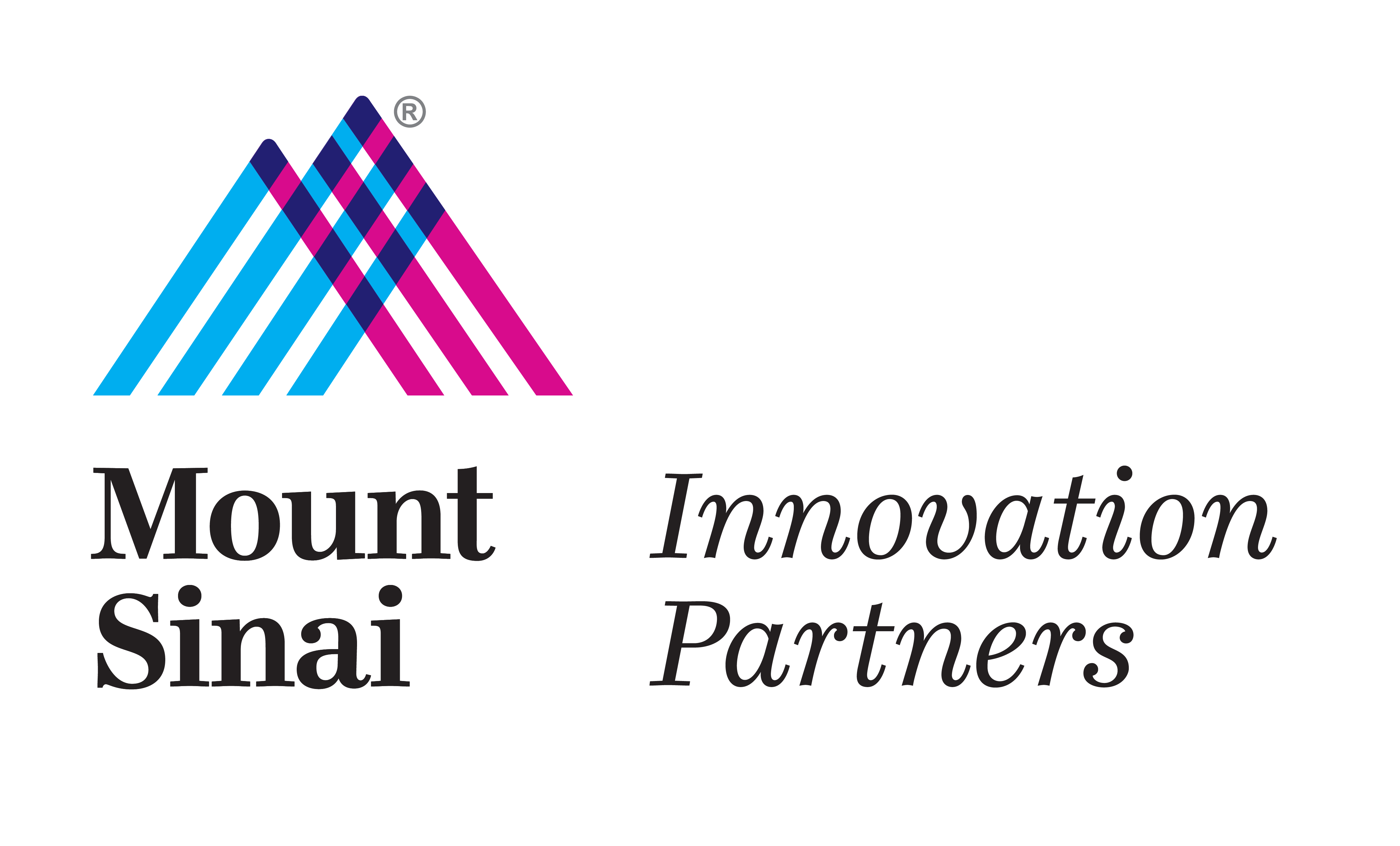Life Science Academic Partnerships Part 1: an Ideal Marriage to Fuel Organic Growth
May 21, 2019By Mark Ralph, Executive Director & Global Head, Contracts & Alliance Management, Boehringer Ingelheim Pharmaceuticals, Inc.
In today’s innovation environment, external collaboration is one of the most powerful methods to discover and develop new treatments and research tools, particularly between industry and academia. Why am I so enthusiastic? Because at Boehringer Ingelheim, our academic partnerships realize a marriage of different expertise, experiences, and perspectives that bring forth bold ideas and insights that fuel new therapeutic concepts to improve the health of patients throughout the world. In this first of two articles, I’d like to share how such collaborations can grow organically to deliver valuable insights, which I’ll also discuss along with our partner at the Icahn School of Medicine at Mount Sinai during the May 2019 Strategic Alliance Management Congress.
Our philosophy for academic partnerships is that simple is not satisfying. Novel pursuits do not come from a single action or single investigator, so we start with a goal to pursue flexible, multifaceted relationships with the potential to grow and adapt with each new discovery.
Internally, long-term strategic goals bring stability to each of our therapeutic areas, which in turn yields consistency to our current and prospective partners. The resulting steadfast vision and low turnover in our teams permit our investments of time and resources to nurture continuity for the benefit of collaborations.
For example, since 2014, several members of our team have made connections with Mount Sinai faculty members and business leaders. These initial touch points matured into a desire to collaborate that was facilitated through a master framework agreement in 2015, thus laying the foundation for explorations into therapeutic concepts for patients suffering from inflammatory bowel disease.
This collaboration exemplifies how we devise partnership frameworks to reflect not only the expertise and business needs of our partners but also the realities of collaborative research today. We believe a research environment is best enriched when it can grow and encompass multiple ideas towards the development of a new therapeutic concept. Consequently, we seek out partnerships that have a more holistic research approach that brings together, for example, gene sequencing, development of novel in vitro screens and in vivo models, and access to patient biospecimens. In the Mount Sinai partnership, we’ve expanded organically from our initial focus on immunology to include other scientific focus areas of interest including collaborations in computational biology, the central nervous system and gene therapy.
“We believe that alignment with valued partners such as Boehringer-Ingelheim is critical in the work of innovation,” said Erik Lium, Ph.D., Executive Vice President, Mount Sinai Innovation Partners. “In our experience, strong and long-lasting relationships between academia and industry creates the necessary trust between stakeholders to quickly advance breakthrough technologies, products and services to the healthcare marketplace.”
In many instances, these activities involve not only our partner’s preclinical and clinical investigators but also those based in different organizations or institutions. We encourage this interconnectivity because it brings together the ideal assortment of expertise to develop the best therapeutic concepts for transformative treatments for patients. It must also be stated that academic partners need to have a synergistic vision of innovation and collaboration. Mount Sinai, with its emphasis on commercially relevant translational research and bringing discoveries to patients on a global scale, has been a tremendously effective partner in this sense.
Our Strategic Hub for Innovative New Therapeutics concept Exploration (SHINE) program and our partnership with the Harvard Fibrosis Network are two of our many initiatives to create such diverse collaborations. SHINE is a partnership model that brings together postdoctoral researchers to work side-by-side with Boehringer Ingelheim scientists in our Ridgefield, CT laboratories. These postdocs are under the leadership of top faculty from world-class institutions including Memorial Sloan Kettering Cancer Research Center, New York University Langone Medical Center, Washington University in St. Louis School of Medicine and Weill Cornell Medicine. Our partnership with the Harvard Fibrosis Network of the Harvard Stem Cell Institute sponsors projects to explore novel pathways and molecular targets for the treatment of fibrotic diseases such as idiopathic pulmonary fibrosis, chronic kidney disease and nonalcoholic steatohepatitis. These innovative ways of working together permit our applying complementary skills and knowledge to accelerate the drug discovery process and generate increased potential to discover genuinely novel concepts for new and advanced medicines for patients.

